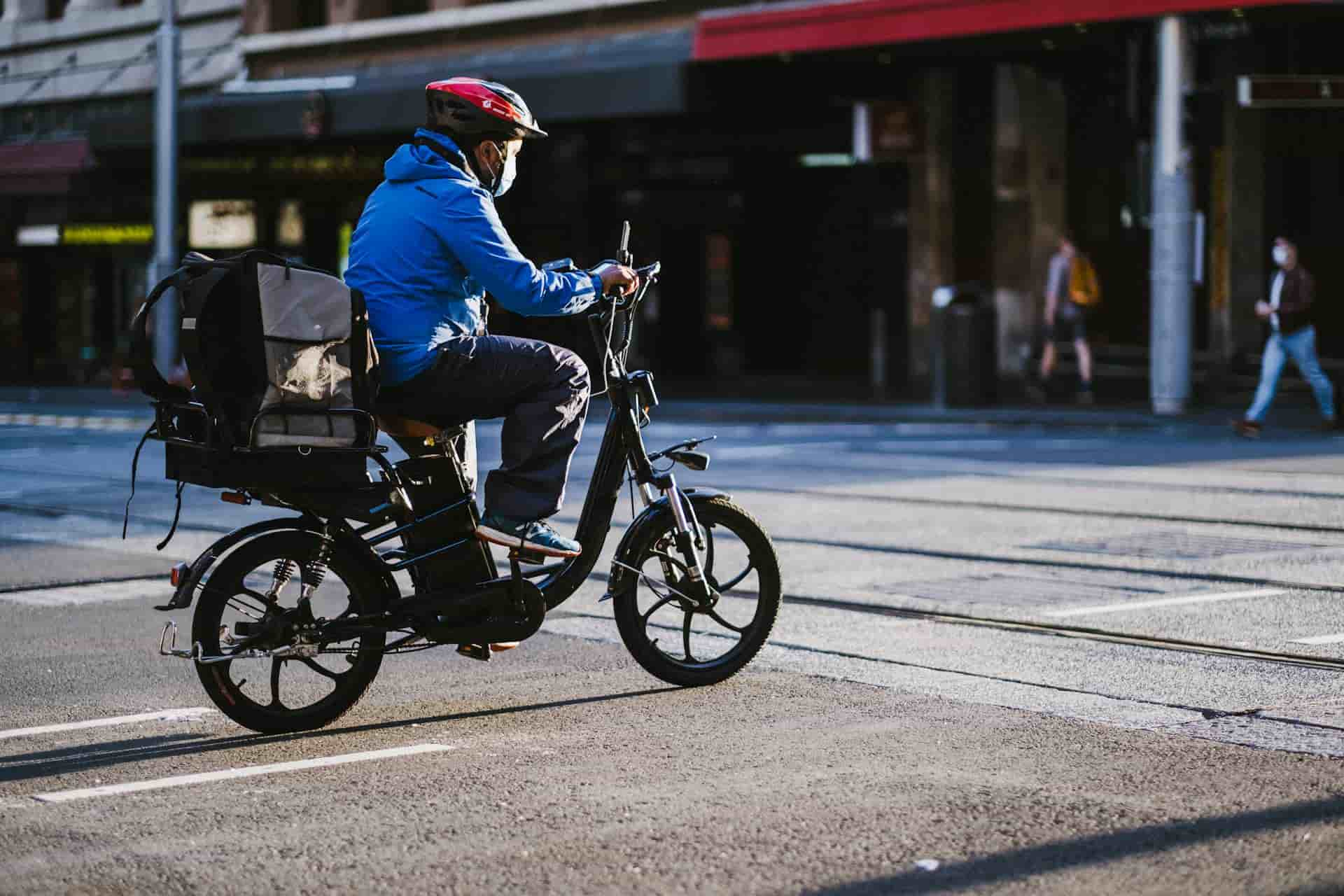Queensland’s government and local councils are actively supporting the rollout of e-bike charging infrastructure at workplaces and transit hubs to tackle range anxiety and boost active transport. A guide developed with Queensland University of Technology (QUT) helps employers install standardised charging solutions, while a feasibility study explores charging stations at train and bus stops.
Brisbane’s own e-mobility strategy further supports these moves by integrating e-bike charging networks into its public transport system.
Workplace charging: turning offices into recharge points
Queensland’s new guide on e-bike charging at workplaces offers practical steps for employers to install and manage charging stations. It was developed in partnership with QUT, drawing on case studies and technical research.
The guide recommends modular, lockable power outlets in secure bike rooms or garages. These outlets should comply with standard electrical safety regulations and be clearly signposted for easy access.
Employers can apply for rebates under the E-Mobility Rebate Scheme. This has delivered funding to Queensland residents and businesses to support e-bike uptake and charging infrastructure.
Offering e-bike charging at work boosts uptake. Surveys indicate that workplace charging availability encourages more frequent e-bike use among owners. For employers, this translates into healthier, more punctual staff and reduced car-park demand.
Charging at transit nodes: easing the last mile
Action 1.20 of the Queensland Cycling Action Plan commissioned a feasibility study into installing e-bike charging at public transport stops and stations.
The study reviewed international best practices and interviewed stakeholders — from Queensland Rail to local energy suppliers — assessing operational costs and usage patterns.
Results suggest that installing chargers at stations with secure bike parking and high commuter volumes could significantly increase e-bike trips within five kilometres. It recommends piloting chargers at key rail stations in Brisbane and the Gold Coast before broader rollout.
Integrating e-bike charging with existing contactless payment systems could streamline billing and reduce vandalism. Combining charging bays with improved bike parking, wayfinding signage, and sheltered waiting areas will further enhance uptake.
Brisbane’s e-mobility strategy and future prospects
Brisbane City Council recognises e-mobility as a core component of its transport plan. This provides guidance to businesses and operators on integrating e-bike charging networks infrastructure.
The council has established multiple designated e-mobility hubs featuring secure parking and standard power outlets suitable for most commercial e-bike chargers. As a result, pilot projects in Brisbane offices have reported increases in staff cycling commutes following the installation of workplace chargers.
Looking ahead, Brisbane plans to link e-bike charging points with its Metro bus and ferry terminals. This multimodal approach aims to create seamless “bike-to-bus” and “bike-to-rail” journeys, reducing car trips, and parking stress in the city.
State-wide efforts combining workplace guides, public station pilots, and city strategies aim to significantly expand e-bike charging infrastructure in coming years. This will help in cutting carbon emissions, easing congestion, and encouraging healthy travel choices. Together, these efforts signal a clear shift towards a healthier, more connected future for Queensland’s urban commuters.
Engineering is everywhere
Engineering shapes our world, influencing every aspect of our lives: housing, transport, food and drink, technology and communication, art and entertainment, the news media, health, education, finance, and more. Follow this blog series as we continue to explore.
